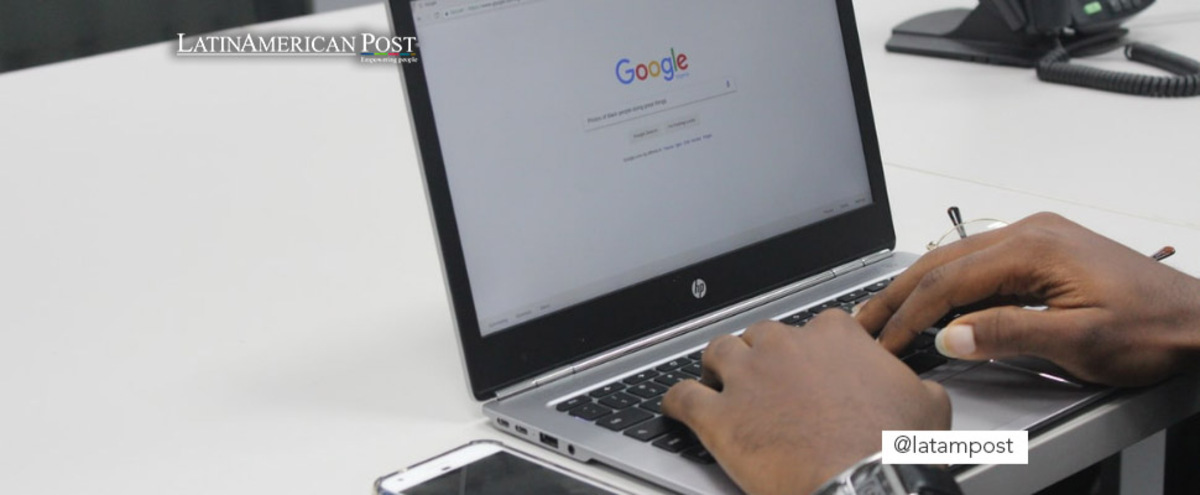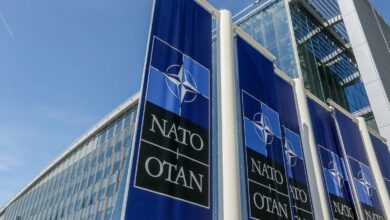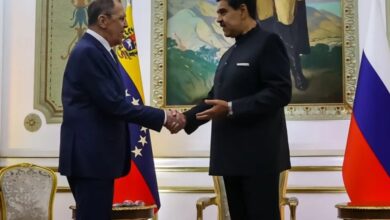The Russian Internet is Taking Steps to Resemble China’s
These are some of the small differences that separate Russian and Chinese Internet censorship. We tell you what you should know about both superpowers.

Photo: Unsplash
LatinAmerican Post| Juan Manuel Londoño
Listen to this article
Leer en español: El Internet Ruso está tomando pasos para parecerse al de China
With the beginning of the conflict in Russia, many social networks such as Meta, Twitter, and Instagram stopped operating in this country. This has left many Russian citizens unable to access one of the Internet's key tools.
With this increase in Internet censorship in Russia, the country could begin to use techniques used by China to better control its social networks. Although the aforementioned networks are not nearly the largest in Russia, there is no reason why more measures cannot be implemented in those that already exist. Here are some techniques used by the Chinese government, which could start to be used by the Russian.
Differences between the Russian and Chinese Internet
Although the internet in Russia is somewhat censored, it is nowhere near the level of internet control exercised in China.
Let's start with search engines, how thousands of people access the Internet. In Russia, you can use the Google search engine, with some restricted features, but the most popular one is called Yandex. China itself blocks all news services from foreign organizations, making Google inaccessible. Instead of the popular search engine, the Chinese use Baidu, a search engine with an extensive list of blocked topics and sites.
???? China es el país con una estricta red de censura digital, ya que la navegación en internet se encuentra controlada por el gobierno. Conoce sus principales redes sociales.
➡️ https://t.co/6ItnPbC4fJ#agenciademarketingdigital #inboundmarketing #Socialmedia
#Publicidad pic.twitter.com/md8gS8Q5qz— Agencia Dinamita (@AgenciaDinamita) March 17, 2022
The Chinese have been using an Internet control system known as the Great Firewall (a parody of the Great Wall of China ) for years. It is designed to block some foreign sites, foreign information sources, and even applications and games from other countries. But the other side of the coin is that this system also focuses on promoting local companies, over foreign companies. This results in a linked local economy, which can grow and flourish in isolation from the foreign world.
Although Russia maintains a list of Internet sites that cannot be accessed, the censorship of foreign companies is something that began to strengthen when the conflict with Ukraine began.
Also read: This is the impact of TikTok on people's attention
Another difference with the Chinese is that in Russia there is not yet such an extensive system of self-control of the Internet by citizens. The Internet in China has been described by some experts as "a panoptic that encourages self-censorship through the perception that users are being watched." As such, many individuals and businesses voluntarily censor their comments on the Internet for fear of repercussions. Russia still does not have this level of self-censorship.
Tribunal de #Rusia prohibió el uso de #Facebook e #Instagram por permitir publicaciones que inciten a la violencia.En este contexto,la Fiscalía alegó la necesidad de proteger a ciudadanos rusos al estar expuestos a estas violencias causadas por medios de comunicación occidentales pic.twitter.com/EL1bElWQmJ
— teleSUR TV (@teleSURtv) March 22, 2022




